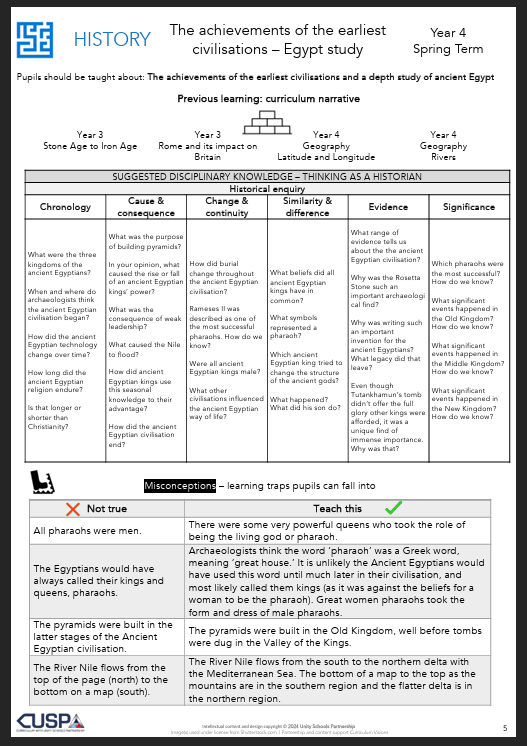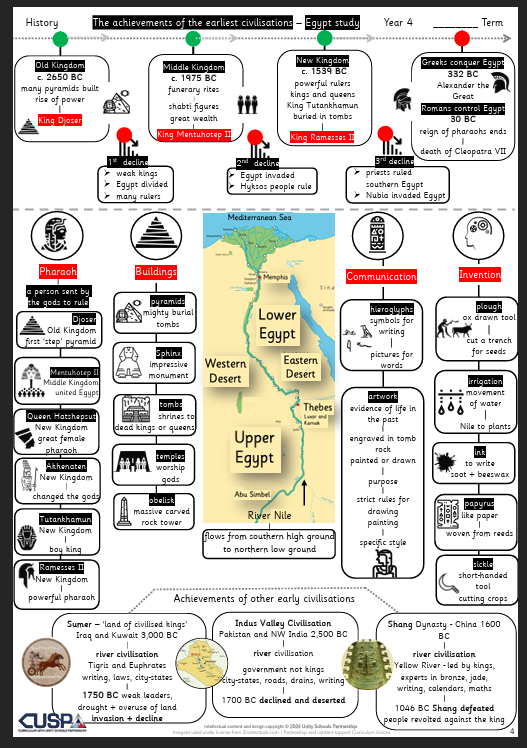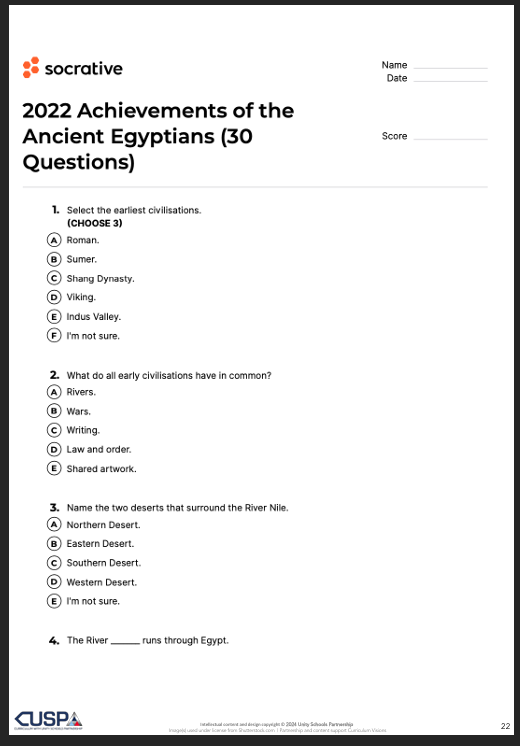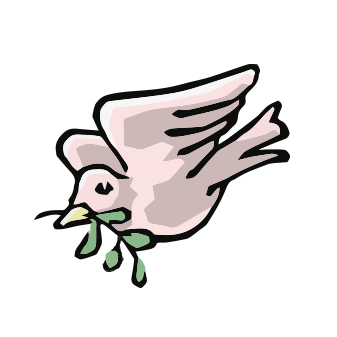History
At Dovecot Primary School we aim to seek out the importance of History which should inspire pupils' curiosity about the past in Britain and the wider world.
Our intent is to ignite a passion for history. We encourage children to develop a deeper understanding of the past and how it has shaped the world they live in today.
Our teaching of history equips pupils with knowledge about significant events, people, and civilisations; the development of societies over time; and the impact of historical change on the present. In addition, we aim to develop children’s historical skills such as: asking perceptive questions; thinking critically; evaluating sources of evidence; and constructing informed responses. Our teaching of history helps to foster a sense of identity, encourages an appreciation of diversity, and promotes responsible citizenship through an understanding of our shared heritage.
Overview
Early Years Foundation Stage
The Early Years Foundation Stage Curriculum supports children’s understanding of history through the planning and teaching of ‘Understanding the World’ This aspect is about how children find out about past and present events in their own lives, their families and other people they know. Children are encouraged to develop a sense of change over time and are given opportunities to differentiate between past and present.
Key Stage 1

Our focus is on young children developing a sense of time, place and change. It begins with children studying changes within living memory to develop an understanding of difference over time within concrete experiences of their lives. This chronological knowledge is foundational to the understanding of change over time.
Lower Key Stage 2

In lower KS2, pupils study the cultural and technological advances made by our ancestors as well as understanding how historians think Britain changed throughout the Stone, Bronze and Iron Ages. Archaeological history guides us to know how early humans were creative, innovative and expert at surviving in changeable environments. Having an in-depth understanding of Iron Age Britain offers solid foundations for the study of how Rome influenced Britain.
Upper Key Stage 2
 Later in KS2, knowledge of Anglo-Saxons is revisited and used to connect with a study of the Maya civilisation. The study compares advancement of the Maya culture and innovation to that of the Anglo-Saxons around c.AD 900. Pupils also study significant monarchs after 1066. Five kings and queens are a focus of a depth study and comparison, drawing on their beliefs, actions and understanding their legacy. Ancient Egyptians and the study of Ancient Greek life and achievements are also studied learning about their influence on the western world. The understanding of culture, people and places are central to these studies.
Later in KS2, knowledge of Anglo-Saxons is revisited and used to connect with a study of the Maya civilisation. The study compares advancement of the Maya culture and innovation to that of the Anglo-Saxons around c.AD 900. Pupils also study significant monarchs after 1066. Five kings and queens are a focus of a depth study and comparison, drawing on their beliefs, actions and understanding their legacy. Ancient Egyptians and the study of Ancient Greek life and achievements are also studied learning about their influence on the western world. The understanding of culture, people and places are central to these studies.


How do we know what the children have learned?
• Questioning
• Pupil Book Study talking about learning with the children
• Talking to teachers
• Low stakes ‘Drop-in’ observations
• Quizzing and retrieval practise
• Feedback and marking
• Progress in book matches the curriculum intent

Summative assessment takes place at the end of each unit. This is used to assess the children's knowledge and to assist teachers in planning retrieval (Remember/Recall) activities to ensure knowledge is secured in the long term memory.
History Across the School

Useful Websites
https://www.historyforkids.net/
https://www.bbc.co.uk/cbbc/shows/horrible-histories
https://www.bbc.co.uk/bitesize/subjects/zbqcmbk
https://www.liverpoolmuseums.org.uk/museum-of-liverpool









